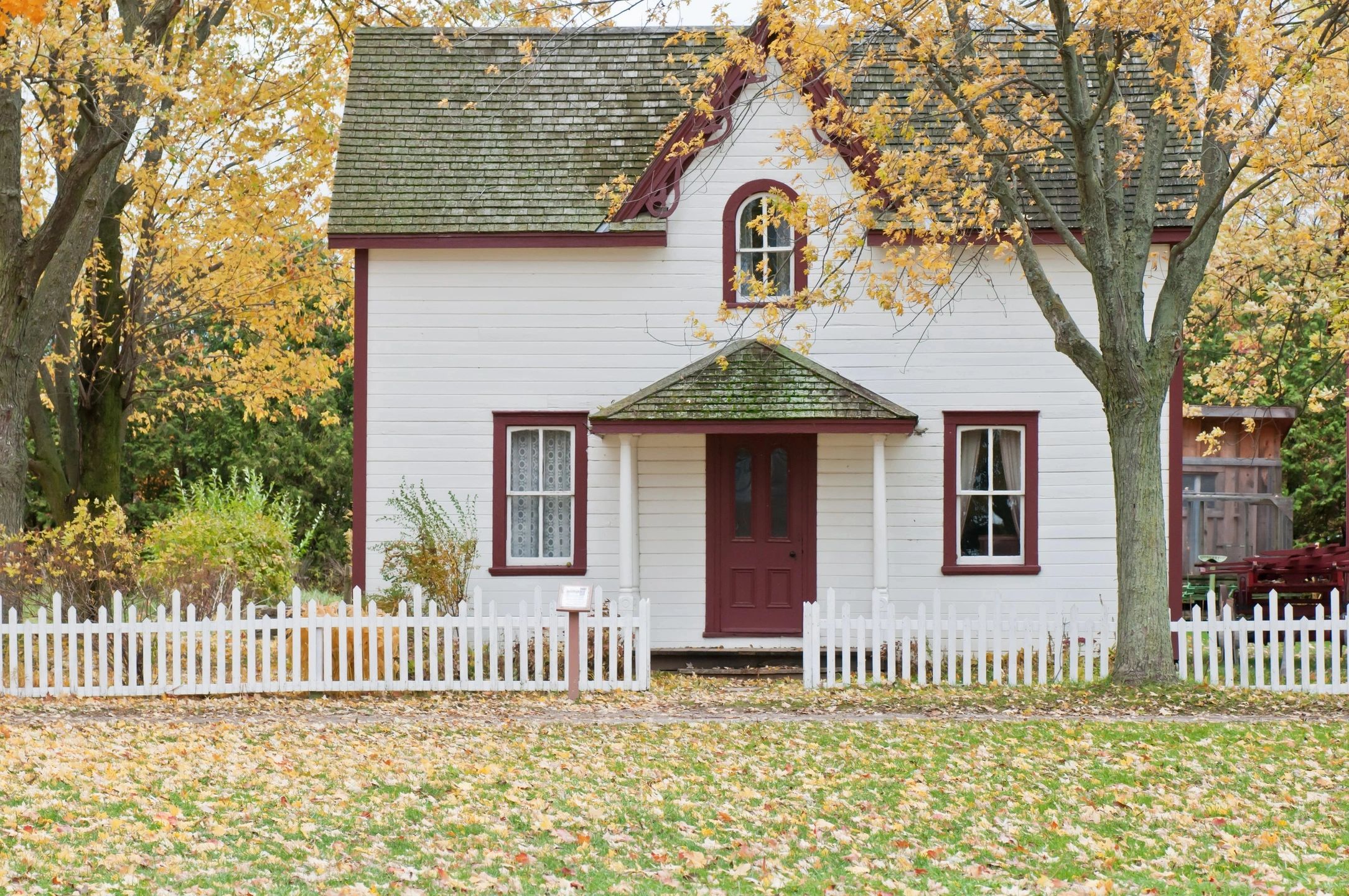What to know about home insurance
When buying or renting a home, it’s important to be aware of the need for insurance. Homeowners and renters may think that their property is relatively safe against disaster since they can’t predict when an event like theft, fire, flooding, or storm damage will occur. However, being prepared with a solid home insurance plan can provide peace of mind and protection if the worst does happen. In this blog post, we’ll break down some key points about home insurance so you know what to look out for when considering your options. From understanding various types of coverage to getting advice on how much coverage you should get — keep reading to learn more about navigating the complicated world of home insurance!
What is home insurance and why do you need it
A home is a place of peace, comfort, and security where we can relax and unwind from the world’s pressures. Home insurance is an essential safeguard that protects your beloved home from unforeseen disasters, both natural and man-made. Home insurance is a one-stop-shop that covers damages that range from theft, fire, and even natural occurrences like hurricanes, lightning, and windstorms. Having home insurance is a wise investment in shielding your property, which is, in most cases, the most significant financial investment an individual can make. In short, home insurance provides peace of mind, knowing that no matter what happens, your home will always have the protection it deserves.
Types of home insurance coverage
When it comes to protecting your home, securing the right insurance coverage is key. There are multiple types of home insurance coverage available, each with its own set of benefits and costs. Depending on your needs and budget, you may opt for standard coverage that protects against threats like theft, fire, and natural disasters. Or, you might choose more comprehensive coverage that includes liability protection in case someone is injured on your property. Whatever your situation, taking the time to carefully assess your home insurance needs and options is a crucial step in protecting your investment and giving you peace of mind.
Factors that affect your home insurance premiums
Your home is one of the most significant investments you will make in your lifetime, which is why protecting it with insurance is crucial. However, the cost of insurance premiums varies greatly depending on several factors. Your home’s location, size, age, and construction type can all impact the price you pay for insurance coverage. So can any risky features, such as a swimming pool or trampoline, that could increase the likelihood of injury. Additionally, your credit score can also impact your insurance premium. By understanding these factors and addressing any potential risks, you can help keep insurance costs down while ensuring that your home is protected.
Tips for finding the best home insurance provider
Owning a home is a significant investment, and having insurance for it is crucial. However, finding the right home insurance provider can be overwhelming and challenging. To ensure you get the best coverage and value for your money, it’s important to do your research. One of the first things to consider is the company’s reputation, which can be verified by reading online reviews or checking with your state’s insurance department. You should also compare policies and pricing from several providers to find the one that meets your needs and budget. Additionally, be sure to ask about discounts, such as bundling with auto insurance or having a security system installed in your home. With these tips, you can find the best home insurance provider and have peace of mind knowing your investment is protected.
How to file a successful home insurance claim
When disaster strikes your home, it can be a huge relief to have insurance coverage. However, even with insurance, filing a claim can seem like a daunting task. But fear not, with some preparation and the right steps, you can file a successful home insurance claim with ease. The first step is to document the damages as soon as possible. Take photos and write down any details of what happened. Then, contact your insurance company and provide them with all the relevant information. Finally, make sure to stay organized and keep track of any expenses related to the damages. With these tips in mind, you’ll be well on your way to a successful home insurance claim.
Common mistakes to avoid when purchasing home insurance
Purchasing home insurance can be overwhelming, but it’s also one of the most important decisions you can make as a homeowner. Unfortunately, there are common mistakes that many people make when selecting a policy. For example, underinsuring your home can leave you with significant out-of-pocket expenses in the event of a disaster or unexpected damages. Skipping policy reviews and failing to notify your insurer of major changes to your home can also lead to coverage gaps. Don’t make these mistakes–take the time to carefully research and compare your options to ensure that you’re getting the coverage you need to protect your home.
Home insurance is an important part of protecting your financial security. Understanding the types of coverage, how premiums are determined, and how to file a successful claim can help you choose the best policy for your needs. As you search for the right home insurance provider for you, be sure to remember to consider your lifestyle and financial goals, as well as all potential expenses and necessary coverages. Finally, don’t forget to minimize common mistake when purchasing home insurance so that you are fully protected in the event that there is a problem in the future. Make sure you do your research and compare multiple providers before making your decision. Once you understand exactly what coverage is available and have identified the best fit for your family, take action and get insured now!

